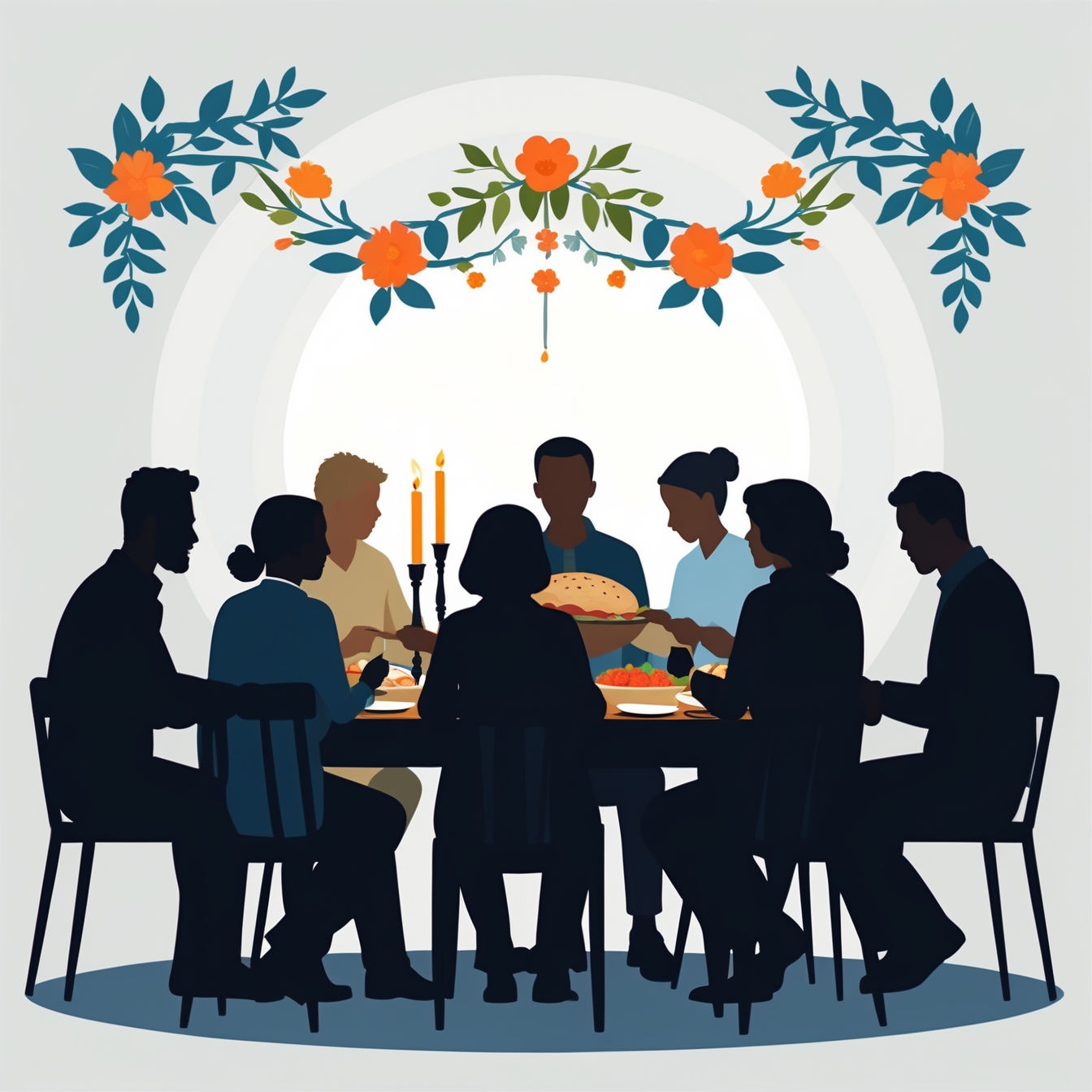In January 1971, Marvin Gaye released the single “What’s Going On?”.

The power of that single left a deep impression on millions of listeners. That song was the heart cry of a man looking at the state of his world and seeing much to be addressed. So much fracture and brokenness in a society at the time that was as much at war with itself as it was conducting war in Vietnam.
Much has changed in the five decades since that song was released, yet people will still look at societies as much at war with themselves as anyone else. Christians know very well about the deep divisions and distress caused by man’s inhumanity to man. Christians have been called to combat that with the ministry of reconciliation. Yet that reconciliation has to happen in four distinct areas.
1. Get Right with God
The foundation of all reconciliation is our restored relationship with God. Sin separates us from God, making us His enemies. However, through Jesus Christ, God reconciled us to Himself, not counting our sins against us (2 Corinthians 5:18-19). This act of reconciliation is a gift from God, made possible by Christ's sacrifice on the cross. Paul writes, "For if, while we were God's enemies, we were reconciled to him through the death of his Son, how much more, having been reconciled, shall we be saved through his life!" (Romans 5:10).
Reconciliation with God is not just about forgiveness; it's about restoration and transformation. It involves recognising our sins, repenting, and embracing the new life offered in Christ (2 Corinthians 5:17). What makes believers unique in their call to the ministry of reconciliation is the realisation that reconciliation elsewhere can never be as deep and lasting until it’s done with the Creator before all else.
2. Get Right with Yourself
Reconciliation with God is through Jesus Christ, who gives us a brand new way of seeing ourselves. Being reconciled with our true selves involves embracing our identity in Christ and living authentically as children of God. We are new creations in Christ, with our old selves having passed away (2 Corinthians 5:17). This transformation empowers us to live in line with God's purposes, free from guilt and shame.
In Romans 8:1-2, Paul reminds us that there is no condemnation for those in Christ Jesus, and we are called to live according to the Spirit, not the flesh. This reconciliation with our true selves allows us to walk in freedom and confidence, knowing we are loved and accepted by God (Ephesians 1:6).
3. Get Right with the Family
Reconciliation within God's family is crucial for maintaining unity and reflecting God's love to the world. Jesus taught that reconciliation is essential before approaching God (Matthew 5:23-24), emphasising the importance of harmonious relationships among believers. Paul exhorts us to "be kind and compassionate to one another, forgiving each other, just as in Christ God forgave you" (Ephesians 4:32).
In the body of Christ, we are called to be peacemakers, actively seeking reconciliation and healing in our relationships (Matthew 5:9). This involves speaking the truth in love, being quick to listen and slow to anger, and forgiving as Christ forgave us (Ephesians 4:15; James 1:19; Colossians 3:13).
4. Get Others to Get Right
As ministers of reconciliation, we are entrusted with the message of reconciliation, urging others to be reconciled to God (2 Corinthians 5:20). This role involves proclaiming the Gospel, demonstrating Christ's love, and facilitating healing in broken relationships.
In helping others to be reconciled, we must be willing to follow examples like Paul did with Philemon and Onesimus (Philemon 18-19). We are ambassadors for Christ, making God's appeal through us (2 Corinthians 5:20). This ministry requires prayer, intercession, and a commitment to living out the Gospel in our daily lives with the desire for others to be reconciled to God, reconciled to their true selves, reconciled to the family of God as well as joining the family in spreading that message of reconciliation.
Ministers of Reconciliation
In a world where division is rife, where there’s as much conflict and strife within as without, there’s got to be a witness to the world that there are followers of Jesus who point to the path of peace. A path that brings enemies of God to be His family. A path that sees the wounded and broken made whole again. A path that sees forgiveness and restoration overpowering despondency and bitter resentment. The world needs this witness so they can see this is What’s Going On.
For His Name’s Sake
C. L. J. Dryden
Shalom
Reflections to Make
- Reconciliation with God: How has your understanding of God's reconciliation impacted your relationship with Him? Are there areas where you need to deepen your trust in His forgiveness?
- Reconciliation with Others: Are there relationships in your life where reconciliation is needed? What steps can you take to initiate healing and restoration?
- Helping Others to be Reconciled? How can you more effectively share the message of reconciliation with those around you? Are there opportunities to serve as a peacemaker in your community or family?
Actions to Take
- Scripture Meditation: Choose a verse about reconciliation (e.g., 2 Corinthians 5:18, Ephesians 4:32) and reflect on its application in your life.
- Identity Resolution: Affirm the truths of who you are in Christ and work towards encouraging yourself and others to live out those truths.
- Community Service: Identify a situation where you can help facilitate reconciliation, whether through volunteering, counselling, or simply being a listening ear.
Prayer for God's Sake
- Pray for humility, recognising your dependence on Him and your need for His guidance.
- Intercession: remember those struggling with broken relationships, asking God to bring healing and restoration through the power of reconciliation.
- Seek wisdom to navigate complex relationships and conflicts, seeking God's peace and unity.




